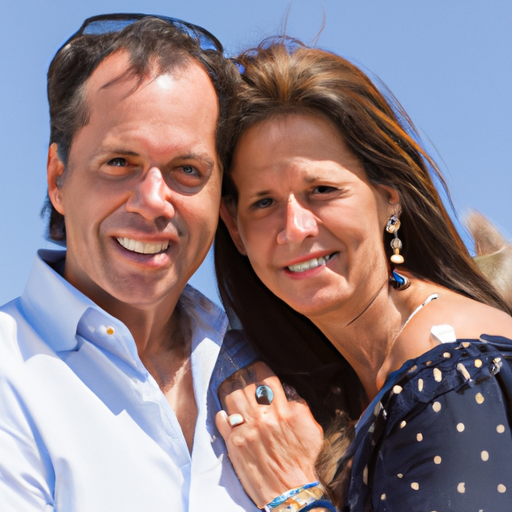Ever wondered why love can make us feel on top of the world one moment and utterly devastated the next? Or why the mere thought of a romantic interest can send our heart racing? It’s not just cupid’s arrow at play; there’s a cocktail of chemicals in our brains responsible for these sensations. Let’s dive deep into the fascinating neurochemistry of love.
1. The First Flush: Lust and Attraction
This stage is all about the physical aspects, that undeniable magnetism you feel when you first lay eyes on someone.
Key Players:
- Testosterone and Estrogen: These aren’t just the hormones of masculinity and femininity; they’re the starters in the game of love, igniting our sexual desire.
2. The Euphoria: Early Stages of Love
Ever felt a rush, a giddiness when thinking about a new love? This is the honeymoon phase, where everything feels fresh and exciting.
Key Players:
- Dopamine: Known as the ‘feel-good’ neurotransmitter, it’s responsible for the pleasure and reward centers in our brain. This chemical makes us feel euphoria when we see or think about our beloved.
- Norepinephrine: Ever had sweaty palms or a racing heart when near your crush? Thank this stimulant, which is similar to adrenaline, for those reactions.
- Serotonin: This one’s a bit of a double-edged sword. While it’s a mood stabilizer, in the early stages of love, its levels actually drop, making us constantly think about our partner.
3. Attachment: The Deepening Bond
Here, the initial intensity mellows into a more profound, enduring attachment, which is vital for long-term relationships.
Key Players:
- Oxytocin: Often dubbed the ‘cuddle hormone,’ oxytocin is released in abundance during physical touch, from holding hands to more intimate encounters. It plays a crucial role in deepening the bonds between partners.
- Vasopressin: This hormone also plays a significant role in long-term commitment, complementing oxytocin in forging the bonds of love.
4. Love’s Dark Side: Jealousy and Obsession
Love isn’t always rosy. Sometimes, it can make us feel insecure, jealous, or even obsessed.
Key Players:
- Cortisol: This stress hormone can spike when we feel threatened or jealous in a relationship, heightening those negative emotions.
- Vasopressin: While it plays a role in attachment, an imbalance can also fuel aggressive behavior, especially when one feels their relationship is under threat.
5. Heartbreak and Loss
The pain of a breakup is very real, and there’s chemistry behind that too.
Key Players:
- Corticotropin-releasing hormone (CRH): Levels of CRH increase after a breakup, leading to symptoms like loss of appetite and depression.
- Dopamine: Just as it plays a role in the pleasure of love, a dip in its levels post-breakup can lead to feelings of despair and sadness.
6. Rekindling Love: Can Chemistry Reignite?
For couples looking to rekindle their romance after a period of stagnation, understanding the chemicals involved can be a game-changer.
Key Players:
- Phenylethylamine (PEA): Found in chocolate and blue cheese, this chemical can trigger the release of dopamine and norepinephrine, reigniting those early feelings of euphoria and excitement.
Enhancing Love’s Chemistry: Tips for Couples
- Physical Touch: Regular hugs, kisses, and intimacy can boost oxytocin levels, strengthening bonds.
- Adventurous Dates: Trying new activities can stimulate dopamine production, reigniting the excitement of the early relationship days.
- Communication: Talking about feelings can alleviate stress, reducing cortisol levels and preventing potential relationship strife.
- Shared Laughter: Laughing together releases endorphins, another feel-good neurotransmitter, which can heighten feelings of happiness and connection.
Science offers a captivating lens through which we can view love. Recognizing the neurochemical ballet that choreographs our romantic experiences gives us a profound appreciation for the depths of human connection. After all, love is as much about the brain as it is about the heart. So, the next time you feel those butterflies flutter or your heart race, remember there’s a beautiful chemistry at play.

